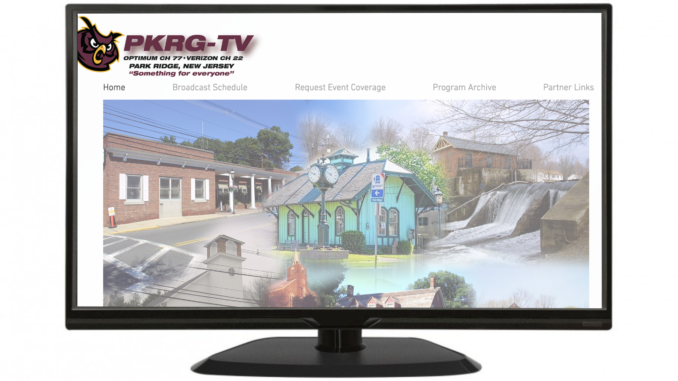
PARK RIDGE, N.J.—A proposed $15.7 million 2021 municipal budget that will charge an extra $81 in yearly taxes on the average borough homeowner will be up for a final hearing May 25, said officials at the Borough Council’s May 11 meeting.
Though the 2021–2022 budget was discussed in detail, officials said it could not be adopted or voted on as the state had not yet signed off on it.
With Council President Kelly Epstein managing the budget meeting and the state apparently not yet approving the local tab, the Borough Council tabled a vote on the municipal budget until May 25 when a final hearing and vote will be taken.
Officials said it was likely the first time in decades that a woman helmed a local council session. Mayor Keith Misciagna and councilman John Ferguson were absent.
“At this point in time I do believe that the municipal mayor and council would be inclined to adopt this budget but I’m told we cannot do it because the state has not approved it yet,” said Finance Committee Chair Robert Metzdorf, concluding a budget presentation he conducted along with councilman William Fenwick.
Metzdorf said he felt the state’s delay in reviewing and approving its budget was related to the pandemic. No public comments were made on the proposed budget.
Fenwick and Metzdorf went through multiple charts, budget tables and listings to detail where expenses increased and why certain revenues were down during much of 2020 as a result of the pandemic.
Taxes for 2021–2022 budget increased 1.23%, officials said, or approximately $81 yearly on an average assessed home of $476,000. Metzdorf said the municipal portion of local property taxes “constitutes 23 cents out of every dollar.”
Last year an average homeowner paid $3,375 in municipal taxes, which increases to an average of $3,456 for the coming year, said officials.
“We believe we held the line on most appropriations,” Metzdorf said, noting the borough suffered revenue declines due to a decline in “general revenues” such court fines, construction fees and hotel taxes, which all retreated during 2020 closures and business disruptions.
Metzdorf said the “pretty lean budget” was the result of many meetings over months with department heads, and multiple budget reviews before the finance committee.
He said the largest local appropriation was for public safety, followed by public works, debt service, insurance and statutory expenditures.
He said a new police officer was hired in 2020 and noted the chief presented a lean budget to the council.
He said a lot of tree work was done by DPW crews in 2020 to trim trees to help reduce branch-related power outages.
Fenwick said because municipal courts were mostly closed they did not get a lot of fine revenues last year. He explained that anticipated general revenues were down and the amount to be raised by local taxation increased due to the declines.
Fenwick said some new capital projects to be funded this coming year include improvements to North Fifth Street; a new fire department rescue vehicle; a new DPW line painting machine; installation of an ADA lift in Borough Hall; a generator for the firehouse; and upgrades to Tri-Boro Dispatch Center.
Former Councilman Michael Mintz, a member of the borough’s pool, electric and water utility boards, said that no increases would occur in rates for any local utilities.
